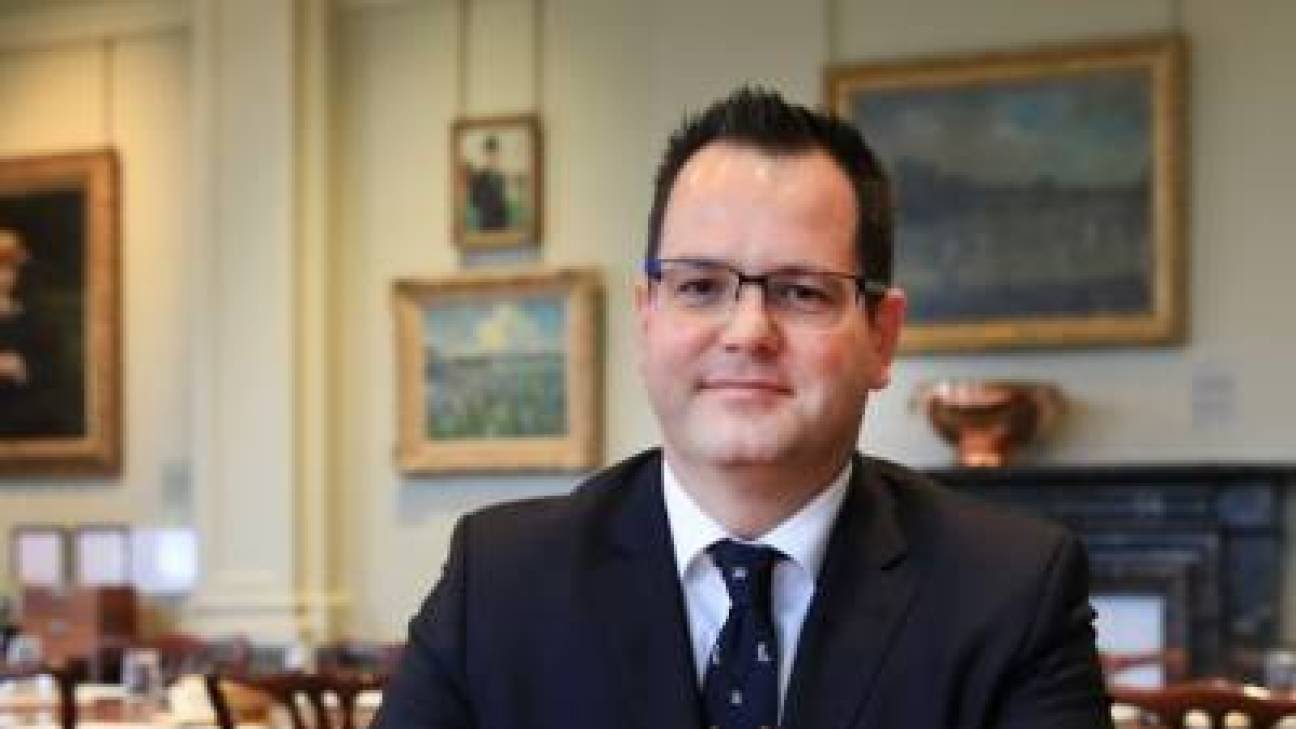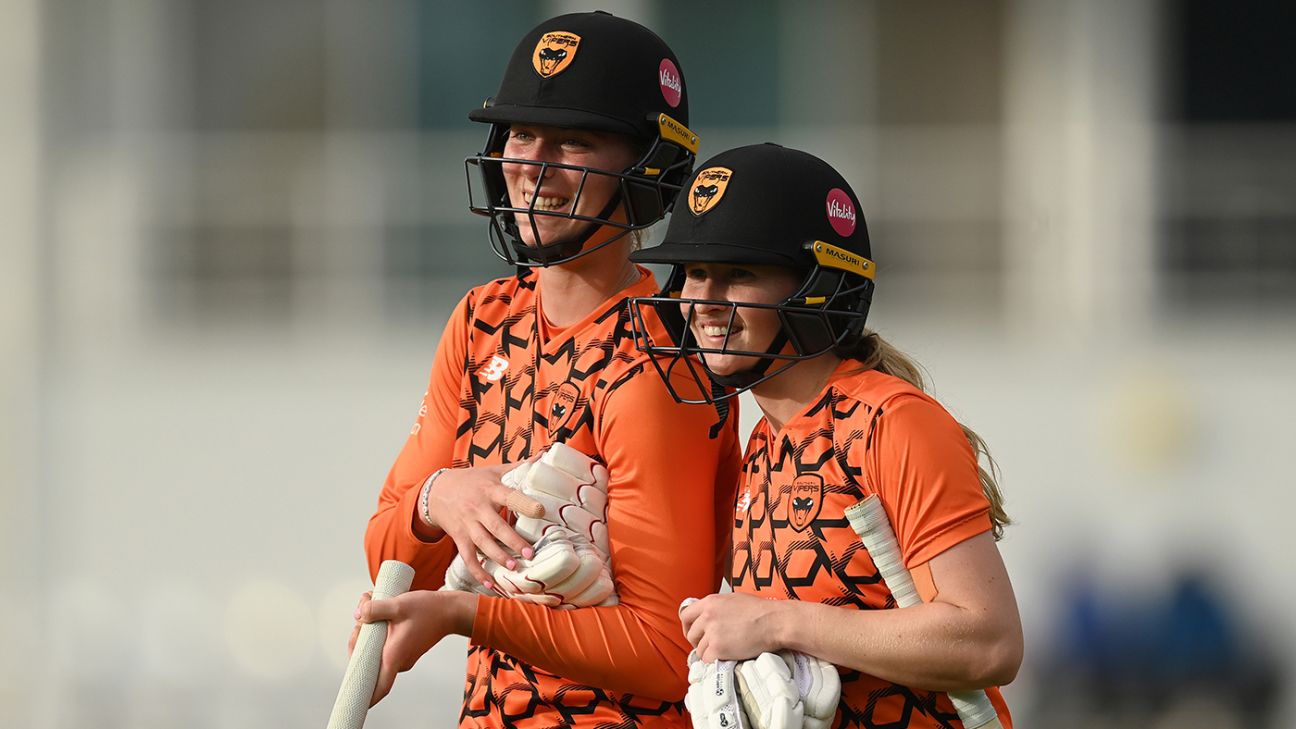County Cricket Schedule Remains Unchanged Despite Player Concerns
Despite concerns raised by players about the demanding schedule, the volume of men’s county cricket in England will remain largely unchanged in 2025. A survey conducted by the Professional Cricketers’ Association (PCA) revealed that over 80% of players expressed concerns about their physical well-being due to the packed schedule.
However, the only modifications for the upcoming season will be minor adjustments. Each county will continue to play a minimum of 14 County Championship matches, eight Metro Bank Cup matches, and 14 Vitality T20 Blast matches.
The PCA continues to advocate for gradual changes, such as spreading out T20 fixtures throughout the week to reduce tight turnarounds and implementing uniform three-day gaps between Championship matches.
“There’s definitely room for improvement in 2025 compared to 2024,” said Daryl Mitchell, the PCA’s interim chief executive. “The schedule can definitely be managed better.”
The main point of contention for the 2025 schedule revolves around the T20 Blast and the timing of the knockout stages. In 2023, the knockout stages were held immediately after the group stages in July, allowing counties to retain their overseas players. This year, they will be held in September, giving clubs more time to sell tickets for home quarter-finals.
Kent’s T20 captain Sam Billings criticized this year’s Blast schedule as “ridiculous,” arguing that holding the final two months after the group stages “just does not make sense.” However, it is understood that T20 Finals Day is likely to remain in September next year, potentially overlapping with England’s white-ball series against South Africa.
“Everyone’s in agreement that the schedule isn’t perfect, is it?” Mitchell said. “The ECB and the counties – particularly the directors of cricket that I’ve spoken to – are on board with what we’ve said. I don’t think players in general would actually want a significant reduction in cricket, maybe just a few days here and there… we’re looking for small, incremental change.”
The England and Wales Cricket Board (ECB) recently announced the international fixtures for the 2025 summer, including incoming men’s tours from Zimbabwe, India, West Indies, and South Africa, as well as women’s tours from West Indies and India. The Hundred will be played in August, starting immediately after the fifth Test against India and running until the end of the month.



